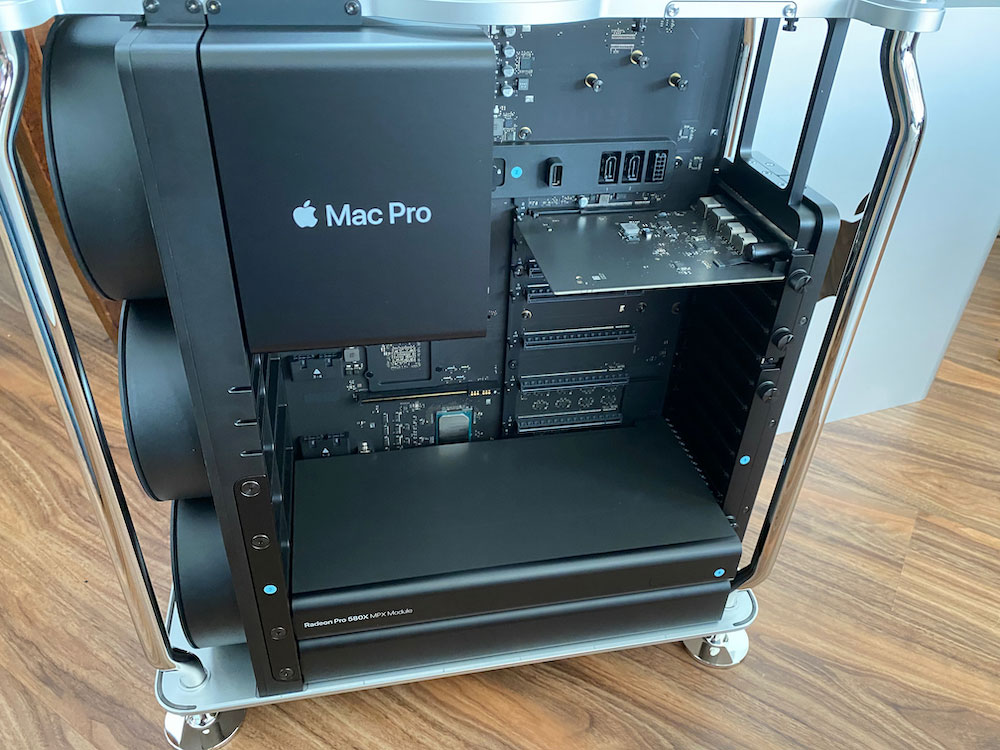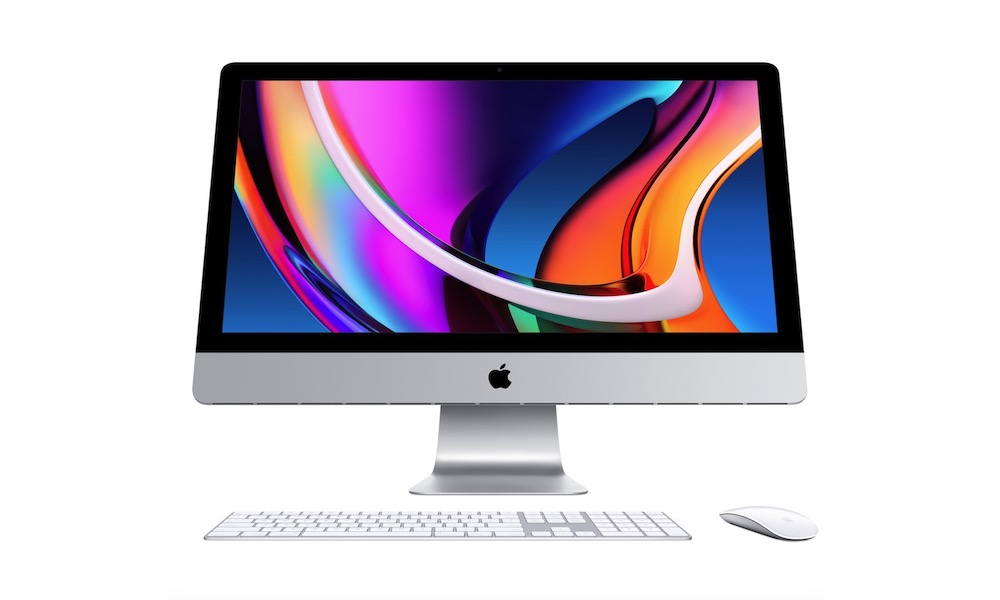This Year’s ‘macOS 26’ Release May End Support for These Macs
 Apple
Apple
Toggle Dark Mode
When Apple debuts its next big release of macOS next month — now expected to be dubbed macOS 26 — it could spell the end of the road for many of the Intel-based Macs currently supported by macOS Sequoia.
People familiar with Apple’s macOS development have told AppleInsider that the current pre-release versions of macOS being worked on at Apple Park don’t include any builds for 2017 or 2018 Mac models, nor the 2020 Intel-based MacBook Air.
However, Apple surprisingly isn’t yet cutting Intel out entirely. Sources suggest that macOS 26 will still support the 2019 and 2020 MacBook Pro models, the 2020 iMac, and the 2019 Mac Pro. These would be the last of the high-end Intel Macs, but it’s also notable that these models took a bit longer to get the Apple Silicon treatment.
For example, Apple is reportedly dropping support for the Intel 2020 MacBook Air, which was updated to an M1 version only six months later. However, while Apple released a 13-inch MacBook Pro at the same time, the two higher-end MacBooks remained on Intel until late 2021, when they were updated with a new design and the M1 Pro and M1 Max chips.
The 2019 Mac Pro wasn’t updated until mid-2022 with the M2 Ultra Mac Pro, but many professional studios still consider the older version a more viable workhorse due to its broader expandability, particularly for graphics accelerator cards.
Then there’s the 2020 iMac, which has become even more of an outlier since it’s the last 27-inch iMac released by Apple. The company has said there won’t be another, but never say never; Apple coyly said there won’t be another “27-inch iMac,” but that doesn’t rule out a new model with an even larger screen.
Still, Apple has good reason to keep supporting these older Intel models for now, as Apple Silicon hasn’t effectively replaced all of them yet.
Apple has slowly dropped support for older Intel Macs with each new release, but it’s surprising how slowly it’s been phasing them out. While macOS Sonoma drew the line at nearly all 2017 Macs (except the iMac Pro), Sequoia only cut off the 2018 and 2019 MacBook Air models, leaving others on the list — including the 2017 iMac Pro.
If these latest reports are accurate, macOS 26 will mark the end of the road for the iMac Pro, the 2019 iMac, the 2018 MacBook Pro and Mac mini, and the 2020 Intel MacBook Air.
While macOS 26 will still run on a few Intel Macs, that doesn’t mean they won’t be left behind in other ways. Apple began unveiling Apple Silicon-exclusive features only months after the first M1 Macs shipped. Intel Macs were left out of a half-dozen features in 2021’s macOS Monterey release, and that continued with macOS Ventura in 2022. Intel Macs also lack support for the Apple Intelligence features introduced in last year’s Sequoia release, and there’s no way that’s going to change. We’ll probably see quite a few things in macOS 26 that will only be available on Macs with an M-series chip.
Either way, we won’t have to wait long to know for sure. Apple is expected to unveil its next major macOS release during its Worldwide Developers Conference (WWDC) keynote, which will be held on June 9 at 10:00 a.m. PT or 1:00 p.m. ET.
[The information provided in this article has NOT been confirmed by Apple and may be speculation. Provided details may not be factual. Take all rumors, tech or otherwise, with a grain of salt.]









